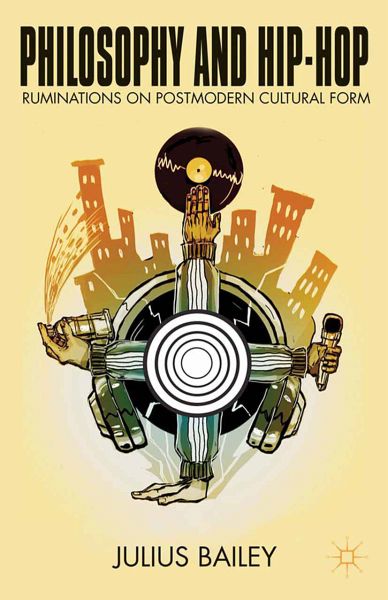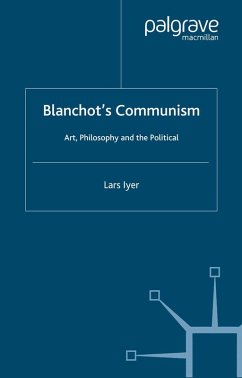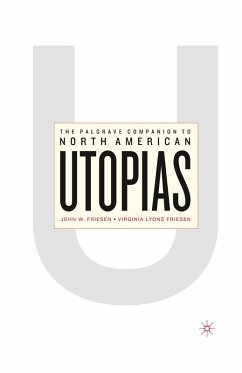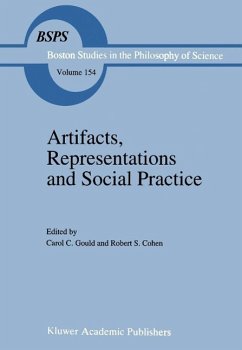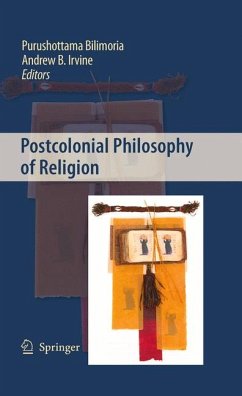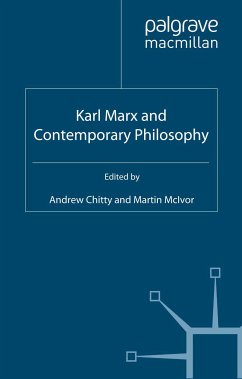Recommendations for Philosophy as Hip Hop: Ruminations on a Post Modern Cultural Form.
By Tommy J. Curry, Associate Professor, Department of Philosophy, Affiliate Professor, Program in Africana Studies, Texas A&M University
Report:
Overall, this version of the book is much better than the initial manuscript reviewed. Philosophy as Hip Hop embarks on a journey to show that Hip-Hop is an aesthetic engagement with the world that gives individuals various philosophical techniques to engage the obstacles and phenomenon before them. In the prologue, Bailey argues 'From an individual perspective Hip-Hop creates a space of relative freedom: freedom from the weight of a modern life that is demanding and exhausting. The importance
of noting the relative in this statement cannot be overlooked. Hip-Hop is not a space of utopia, but a community that reconciles and embraces those who need an abode for their own intimate desires.' Unlike the previous version, this book is clearer in its purpose, and writing. This is a strength of this version of the text over the last, unfortunately however, the manuscript as a whole suffers from a sort of bipolarity at times reading as a summation of traditional white philosophical canons rather than a serious scholarly engagement with Hip-Hop.
Bailey engages in a philosophical exploration of Hip-Hop aiming to show that Hip-Hop is in fact philosophical. This manuscript covers some of the same ground articulated in Hip Hop and Philosophy: Rhyme to Reason by Tommie Shelby and Derrick Darby. Bailey's text will further articulate such claims in a full monograph and most likely be the first or most recent text to do so in the discipline of philosophy. However, it must be noted that such projects have a long legacy in cultural studies and Black studies. Greg Thomas's Hip-Hop Revolution in the Flesh: Power, Knowledge, and Pleasure in Lil' Kim's Lyricism (2009), and Jared Ball's I Mix What I Like: A Mixtape Manifesto (2011) immediately come to mind, as they have been reviewed extensively, but I cannot find any engagement with these texts in Bailey's work. While Bailey has done some work in section two to introduce and cover the work of Ebony Utley's On Rap and Religion some of the more recent works like those mentioned above are still absent from consideration.
As such, I would recommend this work for publication with some revisions. My specific section comments are attached, but I would like to make several general comments.
I. This work will certainly find readership in philosophy. Unlike fields like media studies, Black studies, etc. philosophy has been the last on board to seriously investigate the work of Black artists as serious political and social commentary. The last major work on Hip-Hop in philosophy was Derrick Darby and Tommie Shelby's Hip Hop and Philosophy from 2005.
2. The success of this book will largely depend on who it is marketed towards. Bailey makes some interesting points and insights that could in fact convey to classical continental and American philosophers the importance of studying and understanding Hip Hop both pedagogically and as a post-modern aesthetic. However, it is important to understand the limitations of such a strategy in field like Black studies, cultural studies, or more radical art audiences.
3. The work seems to have two distinct tones from section one to section two. The transition between sections as well as between ideas within and between chapters needs attention.
4. This work seems to be more appropriately divided into Section 1: Existential Communalism/Pedagogy and then Section 2: Post Modern Cultural Art Form. As stated I am not clear about the purpose of distinction in the titles.
5. Bailey does make a worthwhile contribution to Hip Hop Studies in the discipline of philosophy, so it is a publishable manuscript in that regard. However, Bailey should be pushed to account for the scholarship and work done in other fields as well to make this book stand th
